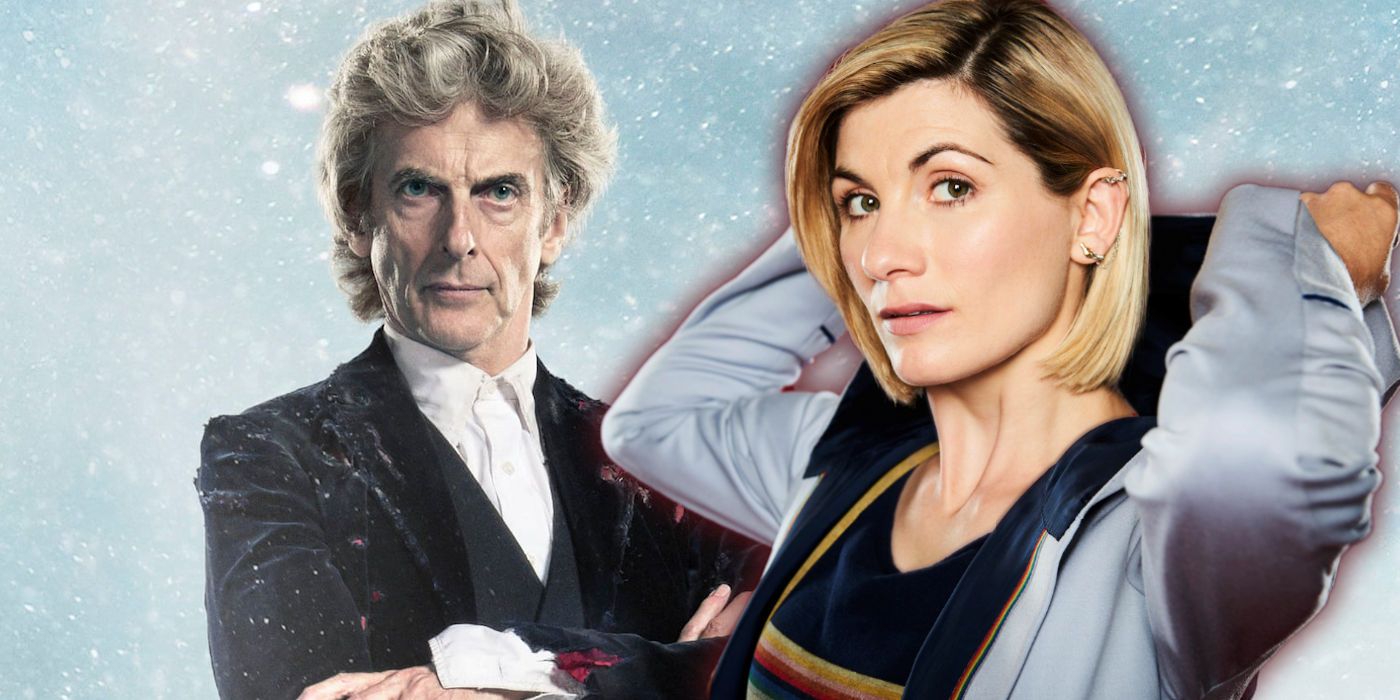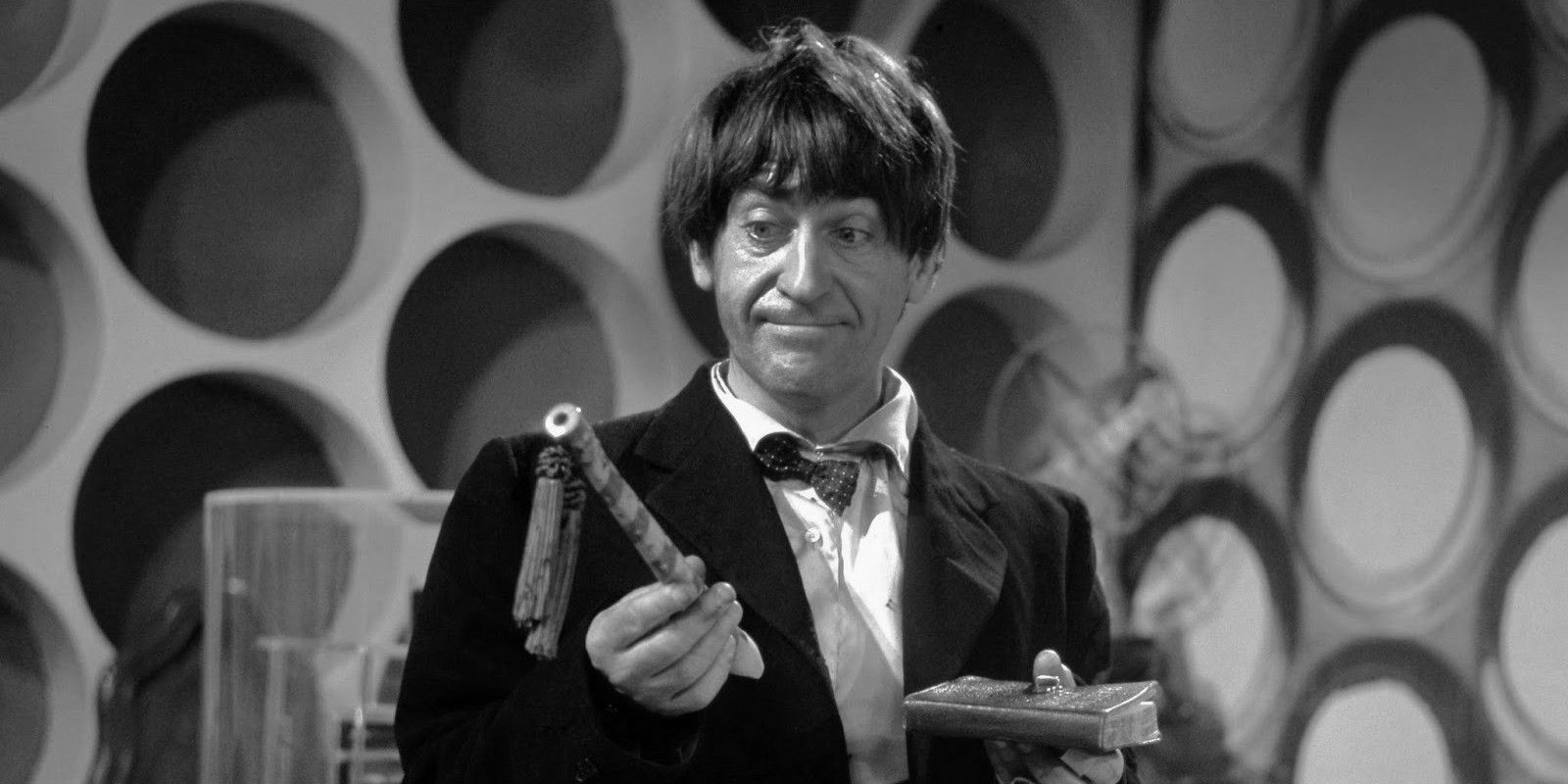Jodie Whittaker is reportedly leaving Doctor Who after three seasons as the enigmatic time traveler - but why do so many actors leave the show after three seasons? The first female actor to play the part of the Doctor, Jodie Whittaker's run has redefined the character. Doctor Who season 12 rewrote the show's history, revealing the Doctor is in fact the Timeless Child, a being who predated Time Lord civilization.
British tabloids are now reporting Jodie Whittaker is leaving Doctor Who after season 13. Assuming these reports are accurate, she will be leaving after three seasons starring as the Doctor, and that's oddly appropriate; a number of other Doctor Who stars left after three seasons as well, notably William Hartnell, Patrick Troughton, Peter Davison, Sylvester McCoy, Matt Smith, and Peter Capaldi. A couple of these cases are coincidental - William Hartnell left due to ill health, while Sylvester McCoy's tenure as the Doctor ended when Doctor Who was canceled in 1989, so he didn't really have a choice in the matter. But why have three seasons apparently become typical for the Doctor, so much so that fans refer to it as the "Three-Season Rule?"
The Three-Season Rule really began with Second Doctor Patrick Troughton, who early on told producer Peter Bryant he would do no more than three years. He was mainly motivated by a fear of being typecast, believing playing the part of the Doctor for an extended period of time would damage his long-term career prospects. Troughton's decision was reinforced by the grueling and intensive demands of the production schedule, particularly because his Doctor was much more physical than his predecessor William Hartnell's; the Second Doctor famously told his companions, "When I say run, run like a rabbit," establishing a legacy of physicality in the Doctor that continues to the present day.
Years later, Troughton advised Fifth Doctor Peter Davison to do no more than three years for the same reason, and Davison heeded the advice - although he came to regret it, because scripts improved during Davison's final season, but by that point he'd already handed in his notice. Matters became a little more complicated during Colin Baker's tenure as the Sixth Doctor, because he left under a cloud due to internal politics at the BBC; the BBC claimed they'd decided no Doctor should stay in place for more than three years as one of their arguments for sacking him. Modern Doctors have tended to follow a Three-Season Rule, citing fear of being typecast and the physically demanding nature of the role - the very same reasons Troughton himself pointed to.
In truth, actors who played the Doctor for longer then three seasons have frequently regretted it. Jon Pertwee left after five seasons partly because he felt the show was changing and he wasn't as good a fit anymore, but also because he felt he was becoming typecast; Tom Baker starred for a mammoth seven seasons, and he was most definitely typecast. "There is a logic to three years," former showrunner Steven Moffat told SFX Magazine in an interview in 2017, discussing Peter Capaldi's departure on Doctor Who, and he was absolutely right.


